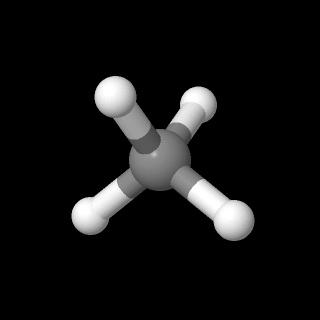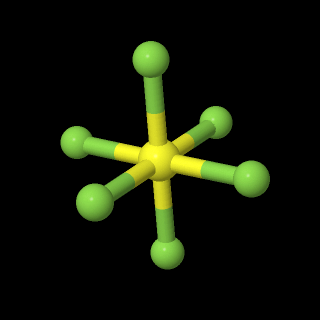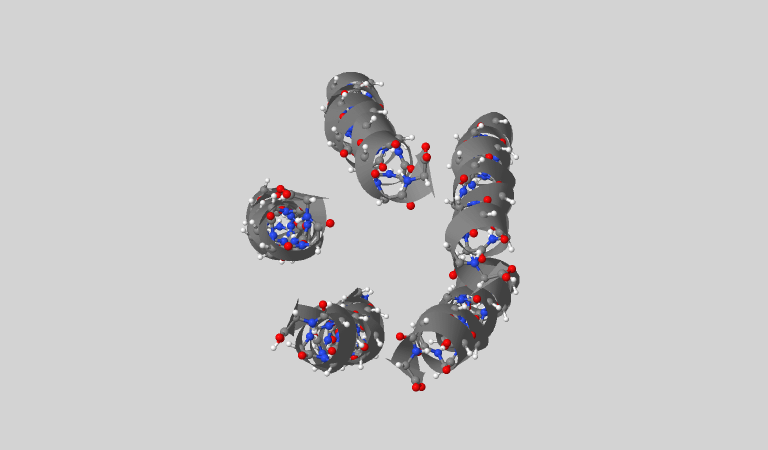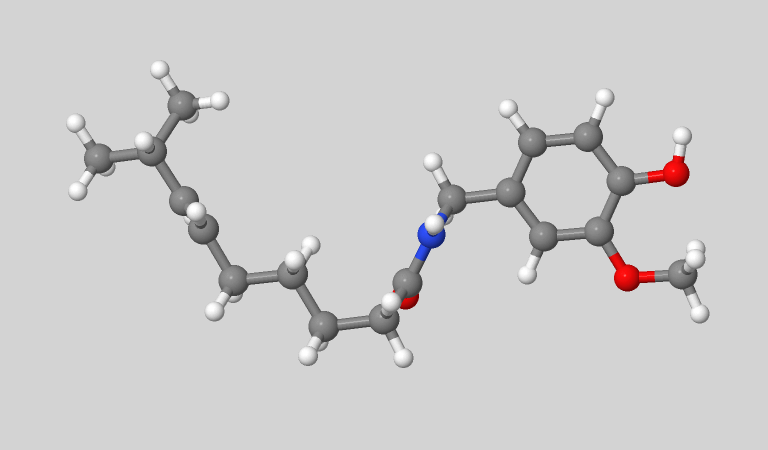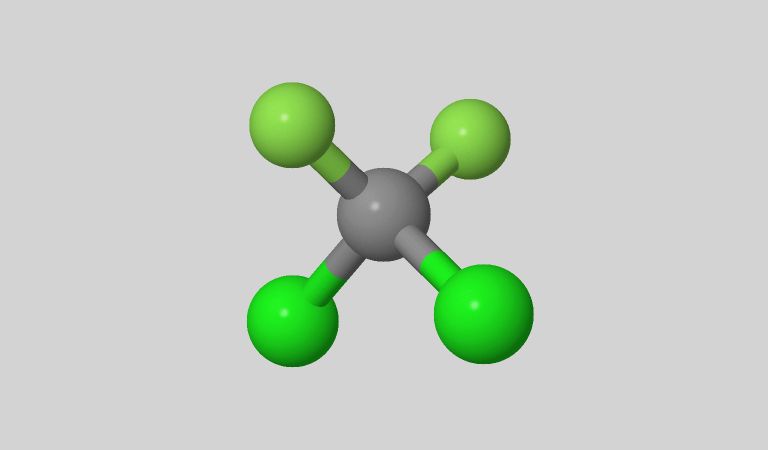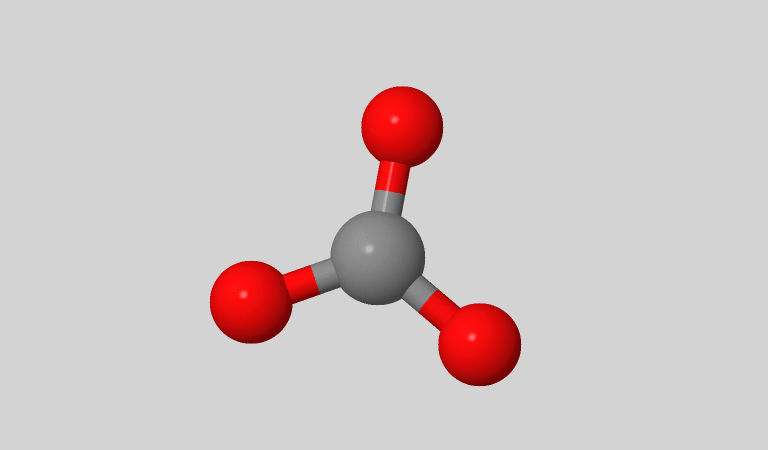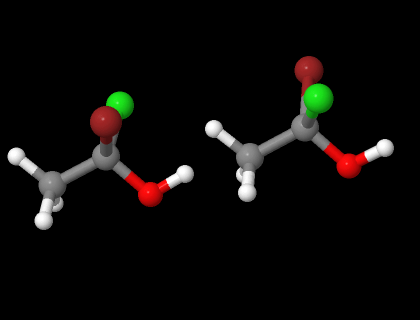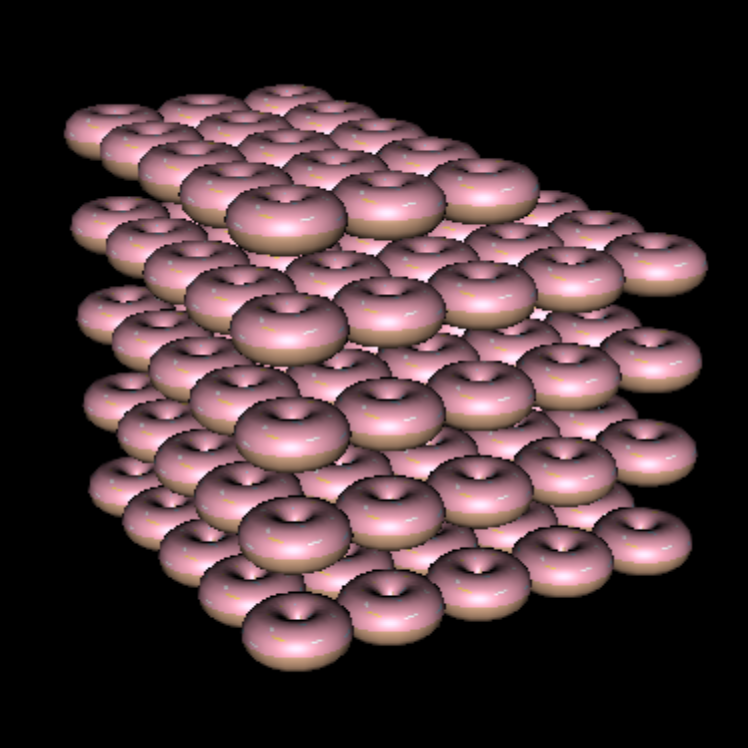Introduction
In general chemistry, Lewis dot structures and VSEPR are used to explain 3-D molecular structures. Dots (electrons) in atoms are tinker toy snapped together forming pairs of electrons which are called bonds. Forming bond-pairs is dissonant with the observation that electrons are negatively charged and hence should mutually repel rather than being attracted, forming a stabilizing interaction. This stabilization is often rationalized by saying the electrons shift toward the bond midpoint so that there can be an attraction between the electrons and both protons. We'll see that this is not true. Pulling electrons away from nuclei is unfavorable.
In organic chemistry, lines are drawn between atoms to represent bonds (electron pairs), and resonance is added to describe molecular structures that can not be explained with simple (single) Lewis dot diagrams.
Here we use the simple system, H2 to provide a consonant bonding description, based on resonance, consistent with experimental observation as well as sound physical intuition.
